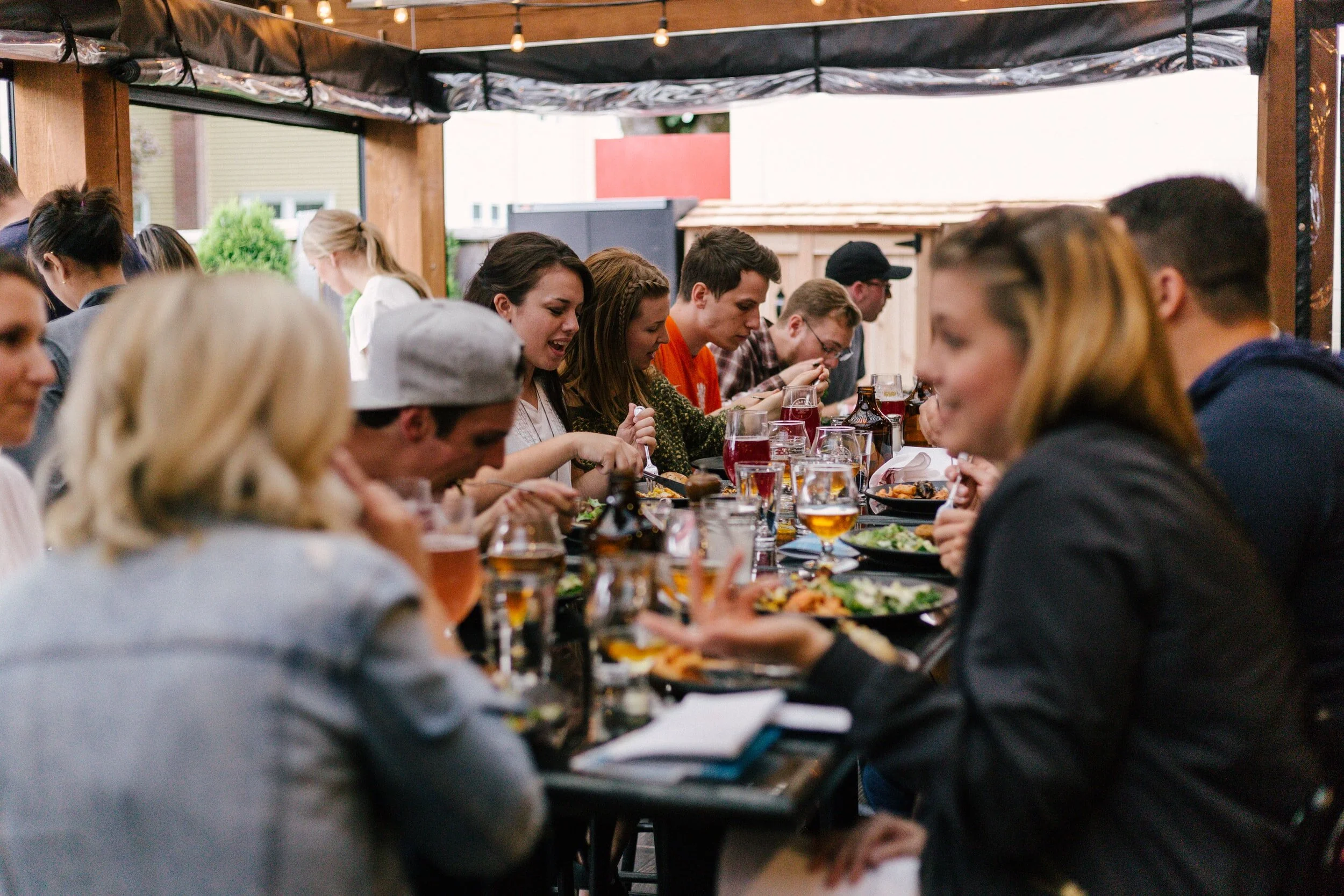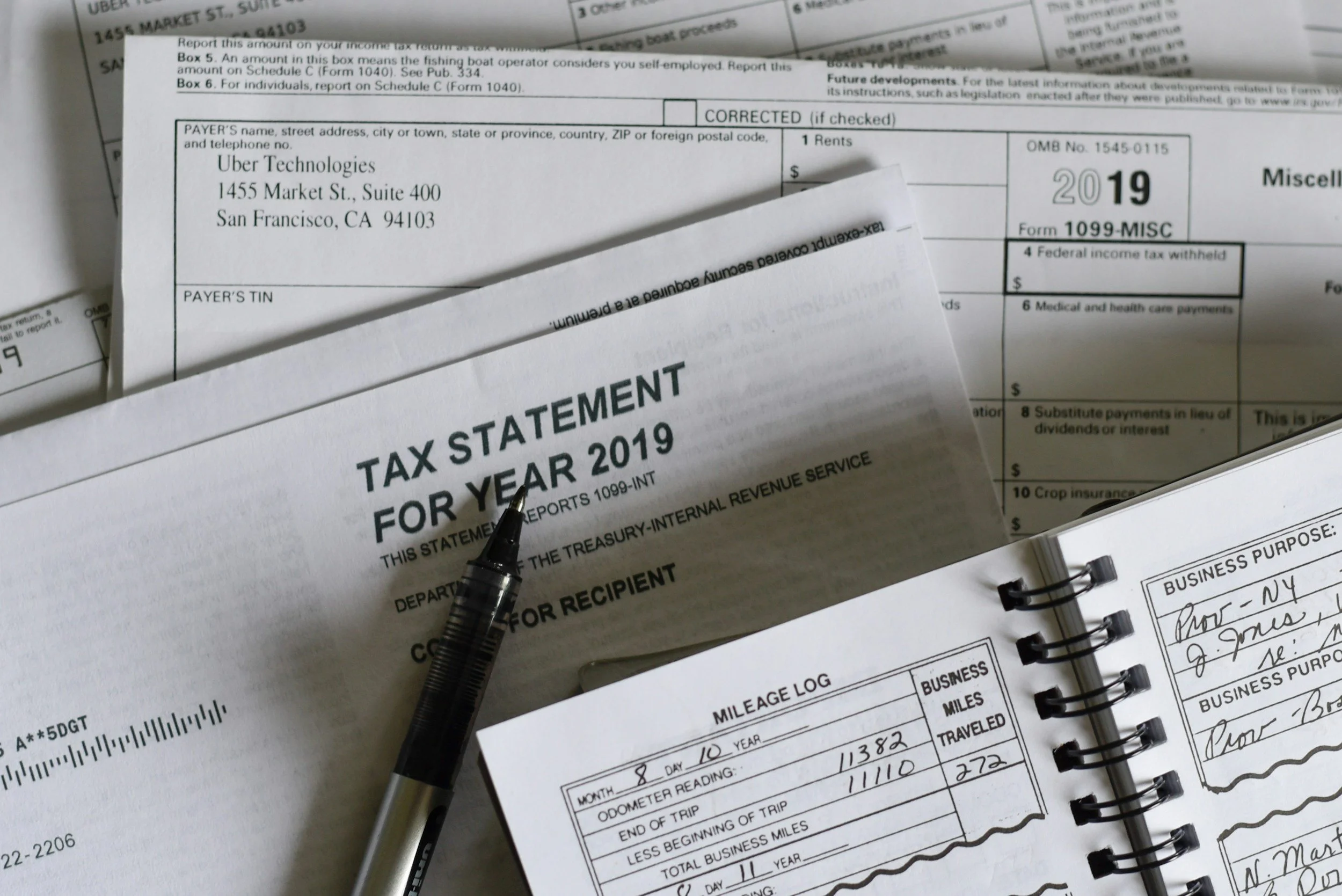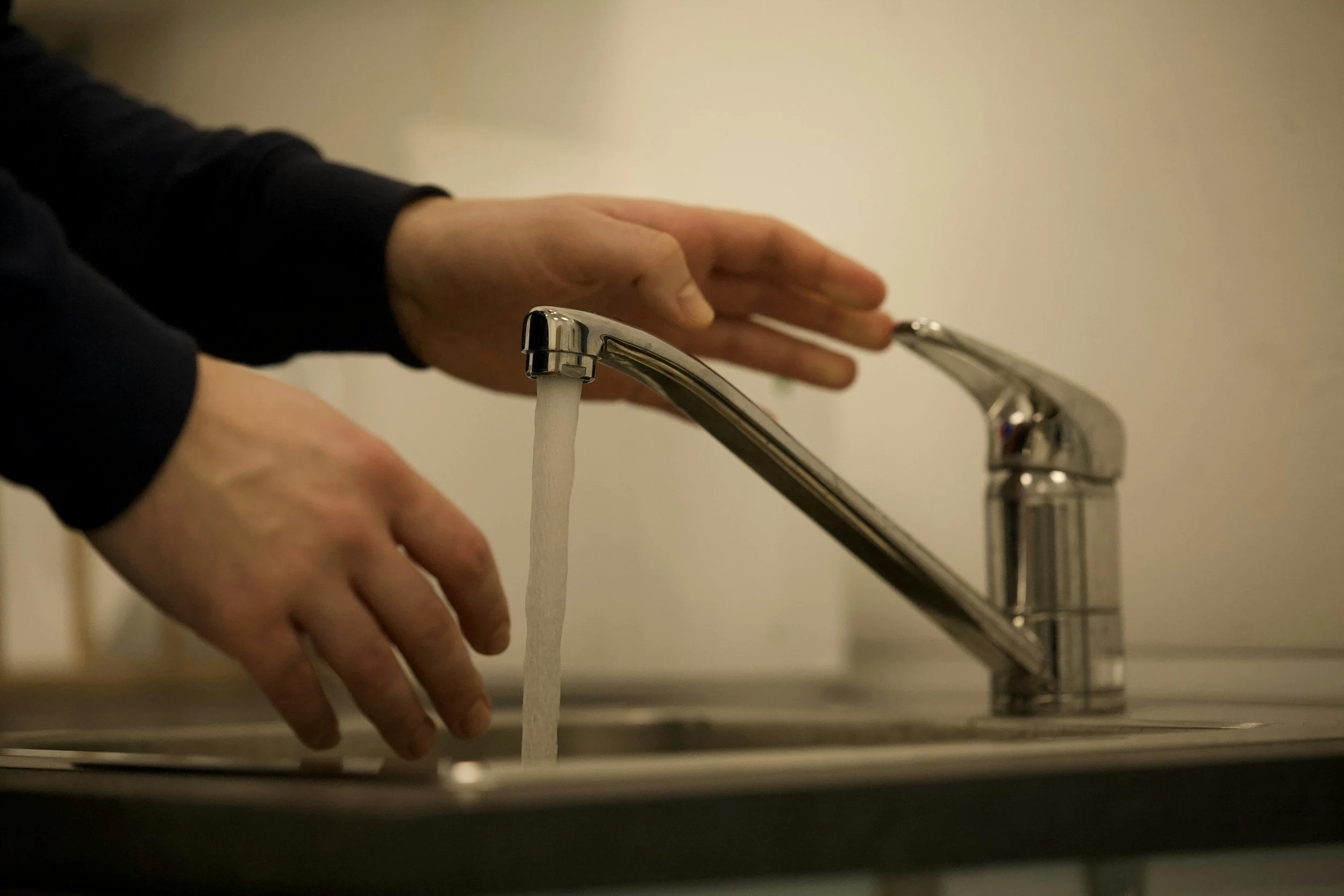6 Things You Have To Consider When Planning An Event With COVID
By PAGE Editor
While planning an event may seem like a simple task, there are many things to consider before finalizing your arrangements. When planning a big event, there are a lot of factors you need to consider.
These include potential attendees, transportation, guest accommodations, entertainment, and much more. But what if you only have a few days to plan? Here are a few things that you should consider when planning an event in a short amount of time. You can also use festival management software to help you organize the activities.
Prioritize The Large Tasks First
You don't need to plan small tasks at the outset. Make sure that you have a location, the number of guests, catering, entertainment, and date scheduled before you start any planning. These are the most critical elements to ensure that the event runs smoothly.
Moreover, by concentrating on the larger, more straightforward tasks first, you will remain confident throughout the process and avoid the usual burnouts that accompany planning the minutia. In these situations, you can often rely on the assistance of other companies. For example, the conference specialists at https://www.ontourevents.co.uk/conference-audio-visual-hire/ suggest that they have everything available from basic carpeted stages up to sophisticated audiovisual equipment. It is best to contact these companies early on to check for availability on your selected date.
Set Up An Adequate Budget
Whether you are planning an event for your own reasons or have been hired to do so, you will need to ensure that your budget reflects the final result you want to achieve. Without proper funding, all of your best-laid plans will fall by the wayside, and the event may be a disaster. You should also consider adding an extra 5-10% discretionary expenditure or buffer to the total. If any additional expenses are necessary because of last-minute changes, you can avoid needless stress and ensure the event remains a success.
Find A Suitable Location (And Have A Plan B)
You can make a dramatic impact on whether or not your guests show up with the location that you choose! Therefore, it would be better if you completed this point as soon as possible. You should select a prominent enough place to cater to the number of people you have invited while staying within your set budget. Additionally, you should choose a location that is accessible for the vast majority of attendees.
Although you can often find more affordable locations further away from major cities, they are usually cheaper due to their undesirable locations. Moreover, you must have a plan B in case of an emergency. An event such as a natural disaster might make your chosen place unusable (or even a Covid outbreak that has shut down the entire facility).
Consider The Availability Of Wifi
Depending on the type of event, attendees will inevitably want to Instagram and post to Facebook. In any case, the facility you choose must have wifi able to handle hundreds of simultaneous users. Contact the facility management well in advance to ensure they can accommodate this many people, and if in doubt, ask them about the most recent event they hosted.
Once you have this information, you can contact the people who organized that event and ask if the bandwidth was sufficient for their needs. Even though it may not seem like a significant aspect of event planning, you will be surprised at how ubiquitous wifi has become and how much people rely on it.
Hire The Right Staff (And Delegate)
Recruiting and training talent are among the most critical skills for event planners today. This involves all roles from waiting for staff to your personal assistant. Many event facilities will have an in-house team to assist you, but you will need to hire them yourself if they don't. Especially a team to make sure you properly alert your guest to COVID regulations and on-site checking.
You will also need to be comfortable in delegating tasks. The art of delegation helps in practical ways, such as freeing up time for more critical projects and creating a more productive work environment. If you want your event to be a success, you will need to trust the people around you to do the right thing.
MAKE SAFETY A PRIORITY
Ensuring that your event is safe for organizers, staff, and attendees should be a top priority. The onset of the pandemic―how the COVID-19 virus becomes easily transmissible in a crowd―raises health risks.
Since you are expecting more than just a couple of guests, it’s important to have an event safety plan. An effective safety plan needs to be concise and easy to read with a simple and easily navigable structure that makes finding information easy.
An event project can usually be broken down into three main phases: the construction, the event open or live phase, and the dismantling. Each stage carries its own health and safety risks, so it’s important to be clear about what phases of your event the safety plan covers.
Make sure to have medical staff on-site in case of emergencies. Finally, as a precaution against coronavirus, prepare emergency safety kits that can be distributed to people. These kits could include a few KN95 masks, band-aids, sanitizers, and more.
Double Check Everything
The day is fast approaching, and you are sure that you have everything in place. In this case, what else might there be for you to do? Well, you should create a checklist and double and triple-check that everything you have planned is working out. It might surprise you to see what is beginning to unwind and needs to be wound up again!
It is essential to have a clear plan of action. The key is to have a good vision and to make sure that the event comes together. By following the tips in this guide, you should be well on your way to a great event.
HOW DO YOU FEEL ABOUT FASHION?
COMMENT OR TAKE OUR PAGE READER SURVEY
Featured











When investing in quartz countertops, choosing the right warranty and care package is just as important as selecting the color and finish.